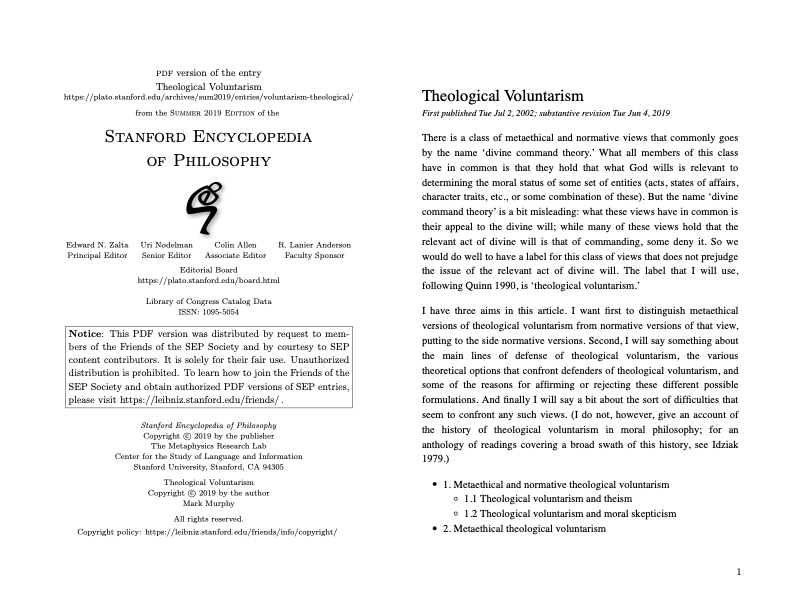Christian Philosophy International Conference, 16 – 19 August 2011, VU University Amsterdam
People of all times have experienced the world of nature as expressing an overwhelming beauty, coherence and order. In the great monotheistic traditions this beauty, coherence and order have been related to the will or nature of a Creator. This idea has come under considerable pressure from different directions: evolutionary theory with its emphasis on the deep contingency of the living world, social science and in particular historicist and postmodernist strands in it, and philosophical critiques inspired by Marxism, Nietzschean perspectivism, existentialism, critical theory, social constructivism, and postmodernism have all served to subvert traditional conceptions of order.
The challenge for this ecumenical, interdisciplinary, and international conference is to explore whether there is room, still, for a distinction between something like an ontological affirmation of pre-given norms and ordering principles in various domains, while also acknowledging the particularity and ‘locatedness’ of our access to those norms and principles. Key ideas in this dialogue will be order, law, structure, principle, system, necessity, chance, change and emergence. The goal of the conference is to delve deeper into the current condition of the philosophical concept of (creation) order, and to assess its future trajectories and prospects.
Keynote speakers include:
- Nicholas Wolterstorff (Yale)
- Eleonore Stump (St. Louis)
- C. Stephen Evans (Baylor)
- Gordon Graham (Princeton Theological Seminary)
- Denis Alexander (Cambridge)
- William Desmond (Leuven)
- Roy Clouser (College of New Jersey)
- Lambert Zuidervaart (ICS Toronto)
- Jonathan Chaplin (Cambridge)
- René van Woudenberg (VU)
- Gerrit Glas (VU)
- Henk Geertsema (VU)
Call for papers
In addition to the plenary sessions, there will be further parallel workshop sessions for contributed papers. We cordially invite thinkers from all different philosophical and scientific traditions to submit a 500 word abstract on any topic relevant to the conference theme. Please prepare your abstract for anonymous review. Abstracts may be submitted by e-mail (as plain text, MS Word, Pages, or pdf files) to info@cpc2011.org or by regular mail (consult http://www.cpc2011.org for the address).
Abstracts should be submitted to the conference organizers by March 31st, 2011. Notification of acceptance / rejection: April 15th, 2011.
Practical details
Session length for contributed papers will be 30 minutes including question time. We encourage authors to prepare papers that take no longer than 20 minutes to present so as to leave suitable time for questions and discussion afterwards.
Further information and registration
For all further details, online registration, and payment, please visit http://www.cpc2011.org. Feel free to contact us with questions about the conference at info@cpc2011.org.







